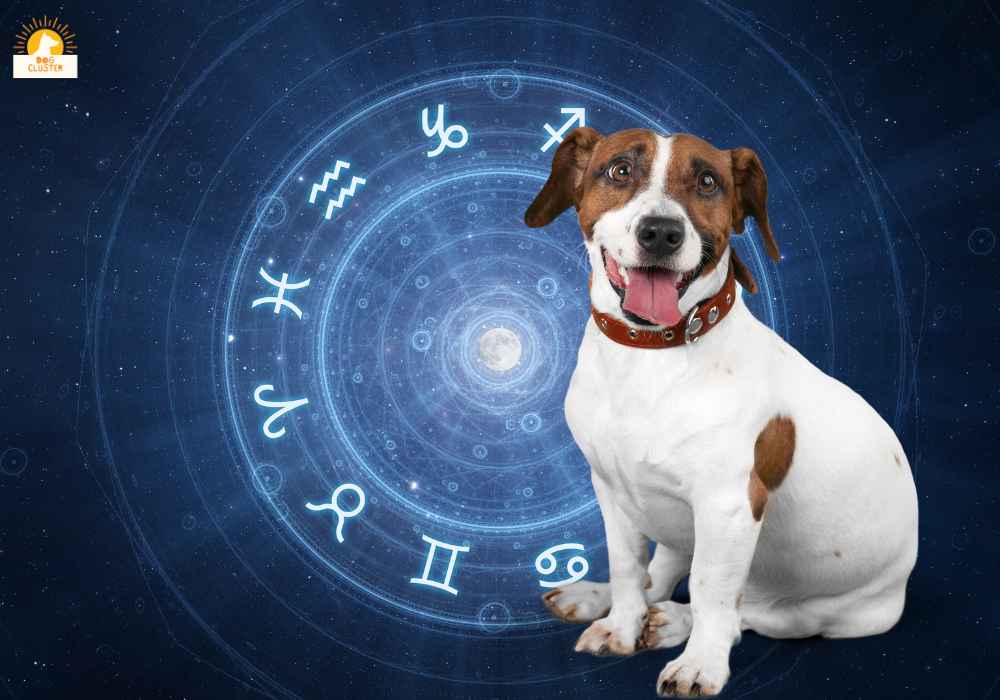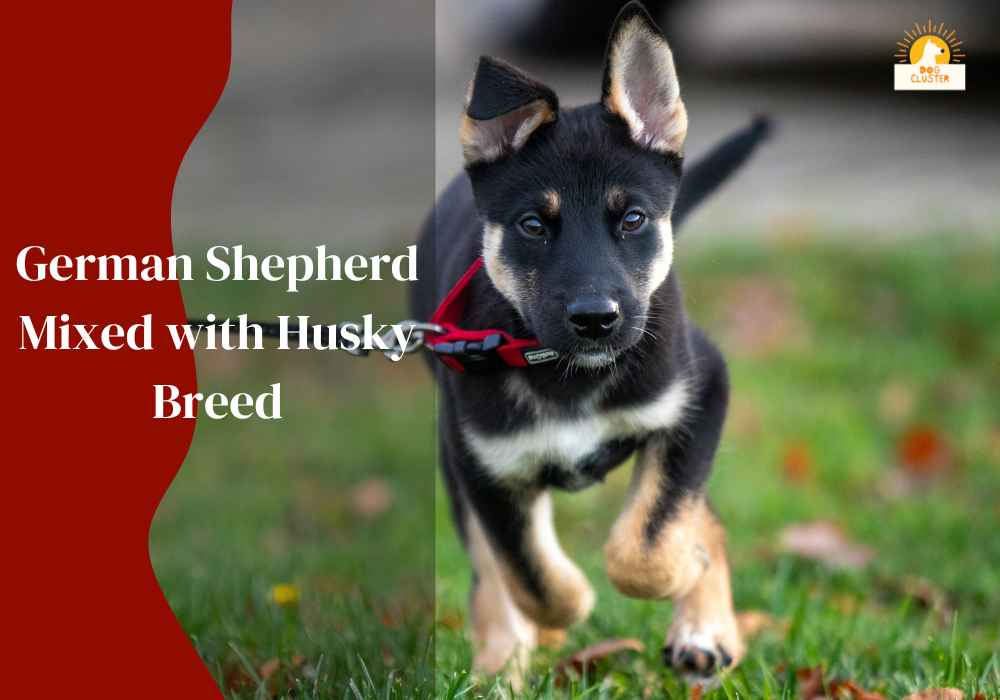Dogs are more than just pets. They bring joy, love, and happiness to our lives. In this blog post, we’ll explore canine intelligence theories and the factors that influence them. We’ll also discuss some comprehensive health care for dogs, including vet check-ups, vaccinations, nutrition, and exercise. You will find it interesting how zodiac signs can influence your dog’s personality traits. Whether you’re a new dog owner or have been taking care of your furry friend for years, this post has something for everyone who wants to learn more about their beloved pet!
Table of Contents
Understanding Dog Intelligence
Canine intelligence involves problem-solving and cognitive abilities. Intelligence tests can evaluate a dog’s aptitude and capabilities. Dogs’ intellectual growth mirrors humans’, as indicated by the theories of multiple intelligences. The frontal lobes and prefrontal cortex play a significant role in dog intelligence, aligning with research on human intelligence. Emotional intelligence and social understanding are crucial aspects of canine intelligence, reflecting the complexity of the concept. Studying these questions in mainstream science helps us appreciate the parallel development of human and canine intelligence.
Theories of Canine Intelligence

Understanding canine intelligence involves exploring different theories of intelligence. Dogs exhibit a range of cognitive abilities, which shed light on their problem-solving skills and overall intellectual growth. IQ testing in dogs helps identify various forms of intelligence influenced by genetics and the environment.
Like humans, dogs have individual differences in intelligence, and the theory of multiple intelligences applies to them as well. This concept emerged in the early 20th century and has since challenged traditional views on canine intelligence. Integrating NLP terms enhances the exploration of these theories.
Factors Influencing Intelligence in Dogs
Environmental factors, genetics, and cognitive growth impact a dog’s intelligence. Modifiability and cognitive capabilities shape their intellectual growth. Interpersonal intelligence is a key determinant of canine intelligence. Individual differences in reasoning abilities and intelligence quotient further emphasize the multifaceted nature of their intelligence. The study of canine intelligence involves the use of artificial intelligence and cognitive tasks to understand their cognitive prowess better.
Biological Basis of Dog Intelligence
Canine intelligence is linked to brain size and cognitive functions. The corpus callosum and brain growth affect intelligence, while the frontal lobes contribute to problem-solving abilities. Recent advancements have shed light on dogs’ cognitive abilities, raising questions about the intelligence definition in dogs.
Brain Size and Canine Intelligence
Brain size has been linked to higher intelligence and memory tasks in dogs, as indicated by studies showing a correlation between the two. Functional magnetic resonance imaging (fMRI) studies have contributed significantly to our understanding of dog intelligence, shedding light on the relationship between brain size and cognitive abilities.
Research on canine intelligence has observed larger brain sizes correlating with higher performance in IQ tests. These findings exemplify the significance of brain size in determining canine intelligence and cognition, raising important questions about the connection between brain structure and cognitive abilities in dogs.
Genetic Factors and Dog Intelligence
Genetic makeup plays a significant role in shaping dogs’ intelligence. The g-factor and specific abilities contribute to variations in cognitive skills and problem-solving. Studies by the American Psychological Association explore the genetic underpinnings of canine intelligence, providing insights into hereditary traits. This understanding aids in intelligence testing.
Comprehensive Health for Dogs

Regular vet check-ups are necessary for the overall health and longevity of dogs. These visits address preventive care, vaccinations, and factors that affect their intelligence. Genetic and environmental factors both play a role in determining a dog’s intelligence, making it important to consider their comprehensive health care.
Importance of Regular Vet Check-ups
Regular vet check-ups are crucial for maintaining the health, longevity, and overall well-being of dogs. These check-ups help detect potential health issues early and promote intellectual growth. By providing preventive care and health assessments, regular vet check-ups support responsible pet ownership and contribute to a dog’s cognitive development.
Remember, a dog’s intelligence is closely tied to their overall health, making these check-ups essential for caring for our canine companions.
Vaccinations and Preventive Care
Vaccinations and preventive care are crucial for dogs’ overall health. They support cognitive growth and general ability in dogs. The well-being and intelligence of dogs depend on proper vaccinations and preventive care keeping them active in their training. Responsible pet ownership includes ensuring their intellectual growth, higher IQ, and overall health ensuring they are well trained.
Nutritional Needs for Optimum Health
Proper nourishment is crucial. Their specific nutritional requirements, influenced by their zodiac signs, impact their emotional intelligence and cognitive functions. Providing a nutritious and tailored diet is essential for their optimum health. Similar to how various factors influence human intelligence. Addressing the nutritional needs of dogs is vital for their emotional well-being, just as nurturing human intelligence involves factors like education and problem-solving skills.
Balanced Diet for Dogs
A well-balanced diet is crucial for maintaining the wellness of dogs. Understanding the specific nutritional needs of dogs based on factors such as age, breed, and activity level is necessary to ensure their optimal health and cognitive function. High-quality sources of protein and healthy fats play a significant role in supporting the cognitive growth and general intelligence of dogs. It is important to avoid harmful ingredients like artificial preservatives and fillers that can negatively impact their health and cognitive abilities.
Seeking advice from a veterinarian or animal nutritionist to develop a customized diet plan tailored to the individual needs of the dog is key to promoting their overall health and cognitive well-being.
Role of Exercise in Dog’s Health
Regular physical activity is essential for upholding a dog’s overall well-being, encompassing both their physical and mental health. Exercise plays a vital role in averting obesity, joint complications, and other potential health issues in dogs. It is crucial to recognize that different breeds have distinct requisites when it comes to physical activity. It is a must to tailor exercise regimens according to their specific needs.
Also, mental stimulation holds equal significance as physical exercise in contributing to a dog’s holistic health. Integrating playtime and training into their regular exercise routine serves to enhance their socialization skills while fostering a stronger bond between the pet and their owner. As part of comprehensive health care for dogs, exercising maintains an integral position in preserving their cognitive and emotional well-being.
Zodiac Signs and Dog Behavior

Zodiac signs play a role in understanding a dog’s behavior and personality traits, offering insight into their unique characteristics. Different signs can indicate specific behavior patterns and energy levels in dogs, providing valuable information for training and communication. Similarly, the Chinese zodiac assigns animal signs with corresponding traits, allowing for a broader understanding of a dog’s disposition. While not scientifically proven, astrology has been considered by some as a source of guidance in pet care.
This also offers a unique perspective on the relationship between zodiac signs and dog behavior. By exploring the influence of zodiac signs on a dog’s personality, owners can gain a deeper understanding of their furry companions, potentially enhancing their training and overall well-being.
How do Zodiac Signs Influence Your Dog’s Personality?
Unlock the fascinating link between zodiac signs and your dog’s unique personality traits. Gain insights into how zodiac signs shape behavior, emotional intelligence, and problem-solving skills in dogs. Discovering how specific signs correlate with behavioral patterns, offers a deeper understanding of your furry friend.
Frequently Asked Questions
Which is the most intelligent dog?
The most intelligent dog breed is widely considered to be the Border Collie. Other highly intelligent breeds include Poodles, German Shepherds, and Golden Retrievers. All dogs are intelligent in their ways and can excel in different tasks and abilities.
Does the zodiac sign of dogs define their characteristics?
The Zodiac signs of dogs lack scientific basis and aren’t reliable predictors of their behavior. Instead, factors like breed, temperament, and training play a more significant role. It’s essential to focus on a dog’s personality rather than their zodiac sign.
How often a health checkup is necessary for a pet dog?
Regular health checkups are essential for your pet dog’s overall well-being. It is recommended to schedule a checkup with the veterinarian at least once a year. During the examination, the vet will assess your dog’s physical health and may suggest necessary vaccinations or treatments. If you observe any changes in behavior or health, promptly seek veterinary assistance.
Conclusion
In conclusion, understanding the intelligence, health, and zodiac of dogs can provide valuable insights into their behavior and overall well-being. While theories and factors play a role in determining canine intelligence, it is important to prioritize regular vet check-ups, vaccinations, and preventive care for comprehensive health. Providing a balanced diet and ample exercise is crucial for optimum health. Additionally, exploring how zodiac signs influence your dog’s personality can further deepen your connection with them.
Share with me if you have any stories and thoughts. I would love to read your feedback. Stay with the dog cluster and gather knowledge about dogs.





Leave a Reply